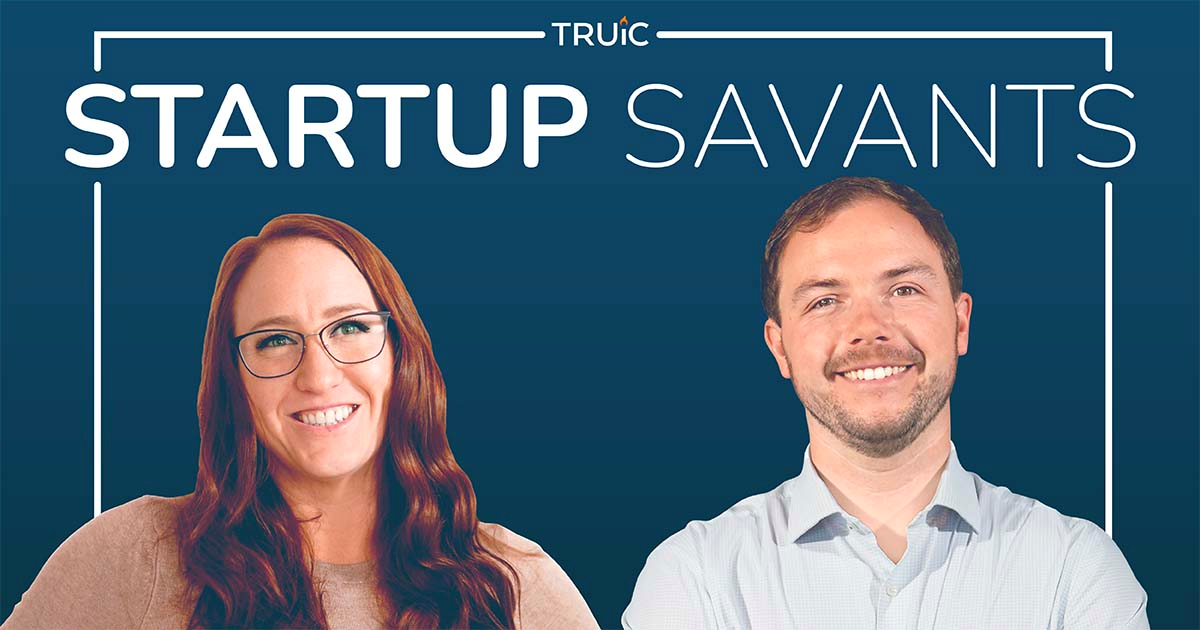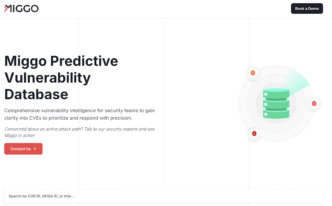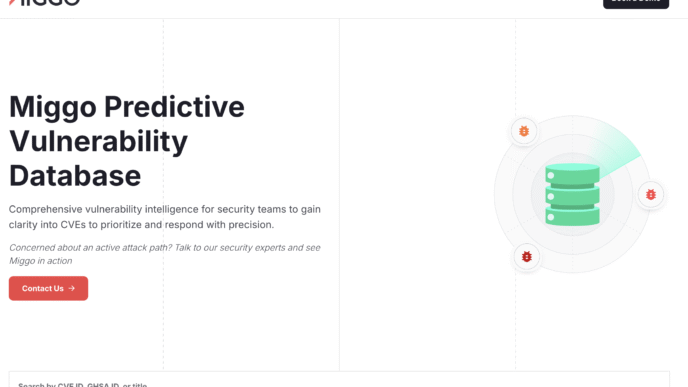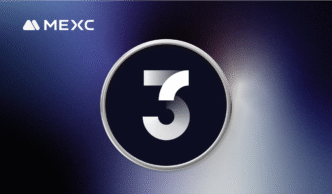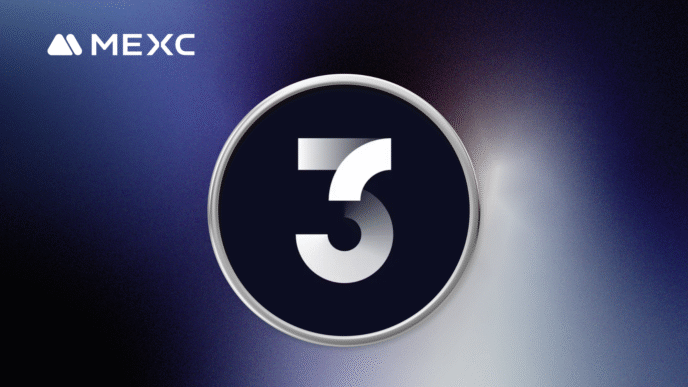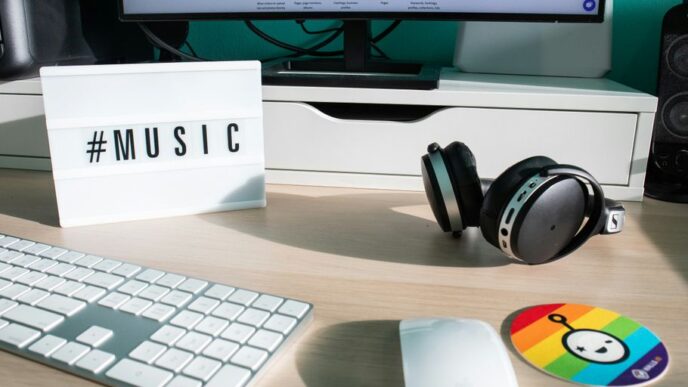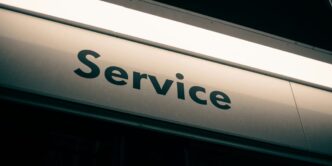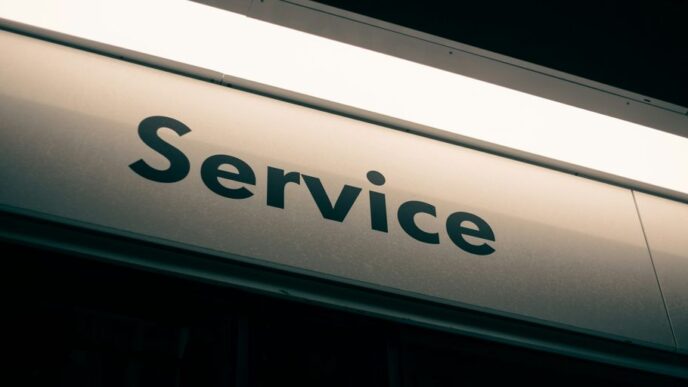This episode of the Startup Savants podcast series features Christine de Wendel, who is co-founder and U.S. CEO of Sunday, the fast-checkout restaurant app. Touting a stellar track record that includes leading two European startups to success, Christine’s expertise cuts across industries. Now Christine and her co-founders have cast their eye across the pond. Sunday will conduct its North American operations from her base in Atlanta, Georgia.
What Is the History Behind Sunday?
“So my co-founder, Victor, is a successful restaurateur in Europe. He has some of the hottest, sexiest, most Instagrammable restaurants in Paris, Madrid, and London. And so the idea for Sunday was born in his restaurants. When the pandemic hit in March 2020, Victor took a look at what was happening and said, “Wait a minute, people are putting QR codes on tables for menus. Why don’t I do exactly the same thing with payment?” And so he literally rolled out in two weeks a really quick and dirty solution and the results were phenomenal. So he put QRs on every table, linked them to the POS system, and waiters were loving it because tables were turning faster, they were getting more tips and they had more time to spend with diners to tell them about specials, to check on their drinks so they were getting higher basket size.
Operators were loving it, because they were able to get more turnover and get more people through their restaurant ,and obviously diners loved it because in a COVID context nobody wanted to touch anything. And on top of it we were giving them the freedom again of being able to control the payment experience. And you know, what Venmo has done for peer-to-peer, what Uber payment has done in Uber rides, what PayPal has done in ecommerce, why hadn’t anyone done that in the hospitality space? And so, the idea was really born in Victor’s restaurants, and then he pulled me in when he thought this idea is so big that we should turn it into its own company and create its own independent concept around it.”
What is Sunday’s mission?
“So we are building the fastest way in the world to pay in restaurants. And so our company is built around a very simple concept, which is, how can we make the payment experience in hospitality much simpler? So we put QR codes on tables. We link them to the point of sale system and we let diners pay in 10 seconds. So something that used to take 15 minutes now takes 10 seconds and is a perfectly seamless, easy experience, which is making payments in hospitality light years easier than it was before.”
Has the Sunday app been introduced to market?
“Yes. So right now we are laser focused on executing on our core product, which is pay-at-table. We’re live now in six countries: the UK, France, Spain, the US, Canada, and Portugal and it’s already a lot of work. There’s a lot of ground to cover and the potential is already enormous. So we’re very much focused on our pay-at-table solution in those six markets. We’re working with both enterprise accounts and smaller and medium-size business accounts, but that’s really where our focus is.
Obviously the potential is immense, and that’s when the restaurateurs get excited, that’s when investors get excited, that’s when everyone gets it. Because if you can start and really build an ecosystem around payments and you’ve provided something really easy for consumers to use and you’ve really created a B2C solution, then the potential of adding on other features is enormous. But right now we’re very much focused on the restaurant space in those six markets.”
Is Sunday just meant for restaurants?
“No. Hotels are an obvious next step. You can just imagine the benefit of never having to check out again. And so, if you could put some sort of solution in every hotel room, then from a hospitality perspective it would be huge. And so, we’re talking to a lot of hotels already because they have great restaurants on their premises. And most of them are asking us if we can roll out a solution like this in their rooms. Again, I’m very convinced that you have to be focused on your core product first, make sure it works perfectly, make sure you’re getting traction. Don’t forget we’re only a year old and so despite the massive scale and the footprint we’re starting to have, it’s important to stay focused.”
You’ve obtained funding to the tune of $124 million — a $24 million seed round and $100 million in a round A. Can you walk us through the process of obtaining that funding?
Absolutely. And I think this is a great story for all people who are thinking about launching startups. We entered the market with a great idea, which had already been tested in my co-founder’s restaurants. Victor is a successful restaurateur in Europe. I had 10 years of two great unicorn scale-up stories. And so we were bringing a restaurant and a tech scale-up perspective together. And we went to go see two types of investors. We went to go see the big venture funds, and we went to go see restaurant owners. And we said, “If we can have on our cap table both the best investors you can find in North America who are experts at venture, and also iconic restaurateurs, both in Europe and North America who are going to help us deploy the product, then we’re going to be in great shape.”
And so, our first discussions went extremely well. Everyone loved our founder story. Everyone loved our track record, and everyone saw the simplicity and the obvious product market fit of our product, especially, this is March 2021 where there’s, the pandemic has been around for a year. Everyone understands that QR codes are very relevant in the market right now. And so, that first fundraising round went extremely quickly and there was huge enthusiasm.
So, we hit the ground running in March 2021, started getting traction. Went live in Spain, France, UK. Went live in the US and hired a stellar team. Also, Victor and I had been working for the past 15 years with some awesome restaurant folks and some awesome tech folks, so we hired a pretty sweet leadership team and it started going really quickly. We were getting a lot of interest from restaurants. And so, when we went back to our investors to tell them about the traction we were getting, they said, “Wait a minute, you guys are onto something huge. We should accelerate. We should give you the funds to go faster, to expand much, much more quickly, to increase your product and tech team so that you can build a better product.” And so, by the summer we had raised an additional 100 million because of the enthusiasm of the investors.
Why do you think you were able to grow so quickly at the start?
I’ll tell you what we did, just on having a great team. We said, and it’s easier to do when you have a $24 million seed round, but we said, “Okay, who are the best people we’ve worked with in the past 20 years?” And so, we looked at who we’d love working with, who we thought were phenomenal professionals, and who are people that we enjoy working with. And so our CFO is somebody I worked with 20 years ago in investment banking. Our GM for Europe is, was one of my former colleagues in one of the scale-ups I was in, who was much better than I was and was a phenomenal coworker. And we went to go see them. And we said, “Listen, we’re onto a huge idea. We’ve raised a lot of money. We think there’s massive potential, come build it with us.” And when you have the vision and you have the funds, it is really easy to get awesome people on board, and it makes that journey much more fun from the outset.
You made a decision to operate in Europe and the US. Can you tell us what the advantages are of operating multi-nationally and using a global strategy?
“Yes. So, the way we’ve set it up with my co-founder is, he’s based in London, he’s running our European business. I’m based in the US and I’m running our North American business. And so the important thing for our success is that we have synergies across the markets and most of our tech teams are based in Europe. A lot of our central functions are in the US, in Canada, and in Europe. And so, we make sure that there’s a lot of dialogue between the two continents. So, I think that’s the first thing is we’ve clearly given ourselves geographic responsibilities so that we don’t go nuts. It’s very important. We’ve also made sure that we have leadership team members who are in North America and in Europe and that they’re working really closely together.
So, I’m not going to lie to you, it is complex. To launch a company the first 12 months to be in six markets, across two continents, across five different languages, it does create, or four different languages. It does create a lot of complexity, but there’s a ton of great things to come out of it. So first of all, a lot of our partners are cross-borders. So, we work with the biggest point of sales systems in the world. A lot of them are headquartered in the US, but they obviously have European activities and it helps to have a presence on both markets because we help them grow and they help us grow. So, that’s been extremely positive, the relationships with the point of sale systems.
The other things that we found [that] are great is we can test things in certain markets. We can see them in action and then roll them out however they’re adapted to the other local markets. So there’s a testing ground, which allows us to be riskier in certain markets and try best practices from other markets in the fourth or the fifth or the sixth market. And that’s been a ton of fun. It comes with complexity, it comes with noise, but in the end it gives us a much larger footprint. And it lets us have a much bigger view on what the different competitive developments are. What are the things happening in each market and what are the best things we can use from each one of them?
So, so far, if I had to do it again, I would definitely launch cross-continent. Not to mention from an investor perspective it means we are more versatile, less risky, we’re covering a different footprint, and so we’re less threatened by competitors. We’re just in a better spot because we’re more resilient to market cycles, each one of the markets. So definitely, definitely a strong point.”
Are you trying to stop tipping in the United States? Or are you leaving it as is, not solving that problem right now?
So, we are absolutely solving that problem. We are a company built by restaurateurs for restaurants. We are very conscious of the importance of tips. We are very conscious that in order for us, our product to work, waiters have to love us, right? It starts with a waiter. And so how do you do that? Well, you have to adapt to your different markets. Tipping policies are very different in North America than they are in Europe. In both markets our solution helps waiters get more tips and that’s one of the huge advantages. So, what concretely happens when you use Sunday, you pull up your bill, you get a prompt. What kind of tip would you like to put? Well, in the US. we’re putting 18%, 20% and 23%, that’s standard, restaurants can adapt that and then they can customize it. In Canada, it’s a little bit lower. And in Europe, we’re not in percentages, we’re in absolute amounts. And it’ll be one, three and five euros, or it’ll depend on what the table size and the check size is.
So, very different dynamics. On average in Europe, you’re talking about 2% tips. On average in North America or in the US, you’re talking about 20% tips. So very, very different dynamic and our product is adapted to that. The bottom line though is the whole point of Sunday is to increase tips for wait staff, because that gets them excited about it. That increases adoption, that gets diners excited about using it so we’re definitely pushing the tip agenda because it’s key for our success.
You mentioned over-investing in your brand. Can you explain what that means?
“Absolutely. So when we launched the company, you have to think, I was coming from tech and Victor is coming from these extremely attractive, very visual, very experiential restaurants. And, although we’re building a fintech, from the outset we said, ‘First of all, we have to have fun branding. We’re building a B2C brand so people have to love what we’re doing from a visual identity and from a tone perspective.’ Secondly, it’s important that even though we’re a fintech, we make sure that our outward communication has, fits our culture, our dynamic, and that we do a good job at it. And so, what you’ll see is we have this pink branding, we have a very playful tone of voice. We did pictures right away.
I teased Victor when we did our Series A, I was based in Atlanta, he was in London. We agreed that we would meet in Paris for some meetings. He said, ‘We have to have photos.’ And I said, ‘Why do we have to have photos, we’re launching a seed series company? We don’t need to do photos.’ And it’s like, ‘No, no, no. We need to have great photos because that’s going to be part of our visual identity and we’re going to do them in some of our cool restaurants and people are going to live and breathe Sunday through an awesome visual identity.’ And so, I laughed a little bit, but I’ve seen the impact of doing it. And just the way the two of you were excited about the pink Sunday banner that’s behind me, and the pink lights, we are not building just another fintech.”
What is the purpose of Sunday?
“Well, very simply the purpose is to give people their time back. We want to give waiters their time back, but we want to give diners their time back. And if we can take something that traditionally takes 15 minutes, turn it into something that takes 10 seconds. Well, that’s actually a ton of time that we’re giving people back.
And we’re empowering people, we’re putting control back into their hands on the payment process, and that is disruptive. And so when I shared the example of Venmo or PayPal or Uber rides, think about how they’ve changed the usage, and now it seems so obvious. Or, an even better example is digital ticketing for flights. 10 years ago everyone felt reassured to have a flight ticket. Now, it would seem absurd not to have that flight ticket on your phone and that’s exactly the type of disruption we’re building.”
How did you convince restaurants that you didn’t have a personal relationship to adopt this technology?
“So, today we’ve signed up about 5,000 restaurants, so it’s going very quickly. We have sales teams who are trained and enthusiastic about making the sale. And so, how does that sale work? I spend a lot of my time selling. I was in Chicago yesterday, selling, I will be selling in Atlanta tomorrow. What do we do? Well, first of all we have a super simple product that most restaurateurs understand. And so, we have field sales who literally go, reach out to what we call our dreamless restaurants, which are restaurants that are going to help us generate buzz that are going to be really iconic restaurants in each market and we go explain the product to them. So we show them a demo, we bring some sample QR codes, and almost instantly restaurateurs understand. They get it. Every restaurateur knows that the last 15 minutes of the dining experience that are around payment are not the most pleasant, from a customer experience, but also from a restaurant experience.
And so, the idea is so simple that when you explain it to a restaurateur they get it. Now, because COVID has introduced digital menus, has introduced the QR code, that has made the sale much, much more easy. If we’d done this three years ago, it probably would have been more challenging, because frankly, most consumers didn’t know how to scan a QR code three years ago. And most restaurants would have said, ‘I don’t want to put a QR code on the table.’ Now that’s become much more commonplace. And frankly, our QR codes are pretty attractive. So we have a ton of different formats, we have standard formats, which look great or easy to use, but then we can customize depending on the type of restaurant. And so that first hurdle, which was, ‘Do I actually want to put a QR code on my table,’ we’ve been able to overcome pretty simply with some great design.
The second hurdle is, do restaurants actually want to have that payment experience be digital and not with a human interaction? And there was a little bit of pushback at the beginning around, ‘Wait a minute, am I not going to get as big of a tip if I have someone who’s not bringing the check?’ What we’ve seen overwhelmingly with the millions of transactions we’ve had, is that being able to expedite the payment process is a delightful thing. And people generally, because the way the solution works, end up giving more tips. I was mentioning the fact that tips are really important and so that really goes a long way in convincing the restaurants. When we show them data and the restaurant, we show them case studies, they say, ‘Okay, it’s obvious.’”
What was it like trying to work in with these point-of-sale systems?
So, today we’re working with about 30 point-of-sale systems. It’s the super fragmented market across the US, Canada, and Europe. So there’s a ton of different players, and frankly, we’ve been happily surprised by the reception from the point-of-sale systems.
Most of them understood immediately what we were trying to do. Many POS systems developed a similar solution, but the truth is because we’re so focused on one product and really making sure it’s working seamlessly with restaurants, our product quality, our design, our QR codes, our training programs are generally working better than what the point of sales can do. And they saw with the data that we are getting much higher usage out of our solution than what they were. And so what we found over the past year is that basically every major point of sale in the Western world has agreed to work with us just because they understand that it’s going to be tough for them to do as good of a job as we are and that’s been super powerful.
You have a lot of tech experience previously to coming into starting Sunday. How did that impact what you brought to Sunday and your journey overall in the entrepreneurial space specifically?
“So, I spent 10 years scaling ecommerce unicorns in Europe as a senior leadership member. So, I had seen what massive scale means, what it means to go from 0 to 10,000 employees in five years, what it means to really hit the hockey stick, what it means to make very quick decisions, what it means to spend a lot of money, raise a lot of money to go quickly and to gain market share. So I came into the Sunday story with an appetite for speed and thinking big. And Victor, my co-founder has exactly that same mindset and so that’s been very helpful. So the guts and the boldness to say, ‘I can do something big, very quickly.’ I think that to have seen it before has been very helpful.
And then to have already gone through the scale-up phase, not just the startup phase has been super helpful. So, how do you set up good objectives for your team members? How do you set up good bonus and incentive structures? How do you structure hierarchies, feedback, reporting, all those things you need when you’re more than 50 people in a company? You certainly don’t need 0 to 50, but then you need as you grow. As a matter of fact, one of the things I was missing, which has been really fun to discover, is how you really do the zero to one phase, right? Victor and I started the company a year ago. There were three of us, and how do you grow into being a 400-person company in that small timeframe?
I think the scale-up experience has been great and another thing has just been my tech network. And so those first tech hires that we made came from people I had worked with in the past and that has been super powerful because if there’s one thing that’s challenging when you’re starting an early stage company is, how do you go get good engineers? Especially if you don’t have your own tech background and that went very quickly just because I already had a network. So, I would say experience and network are probably the two biggest factors.”
Were there any particular growing pains that you want to share with our listeners about such a fast scale?
“So one of our biggest growing pains, given the speed at which we scale is, how do you recruit great talent, right? And especially when you’re entering new markets, you don’t necessarily have a network. So, in Paris where I had spent 15 years where Victor’s from, we had a great network, it was easy to get a great team in place. When we started in the US, I’d been living in Europe for almost 20 years, and so the question was, ‘How do you access great talent when you don’t have a name brand, where you don’t have a network? And the only thing going for you is that you’ve raised a lot of money?’
And so that comes back to Atlanta. Atlanta was fantastic because it’s an easy town to meet people and things go pretty quickly. And so the networking in Atlanta went really quickly, but I found that was quite challenging. And how do we overcome that? Well, we invested in search agencies, and we said, ‘Okay, we’re not going to know how to find the right people. And so, unlike a lot of early-stage startups, we said, ‘We’re going to take some stellar head hunters and they’re going to help us out.’”
What advice would you give to budding entrepreneurs?
“My number one advice is … you need to be passionate about the product you’re building, the company you’re building. And I had been a senior leader for 10 years in scale-ups that became unicorns, and I absolutely underestimated the strenuous intensity of being a founder. Because it’s almost an existential stress. If you don’t love what you’re doing, if you don’t love the product, if you don’t believe it, no matter what, believe in it, no matter what, it’s going to be really hard to manage that intensity. And so, the expression, entrepreneurial fire and really believing in what you’re doing, didn’t resonate with me until I started Sunday and I realized for this to work and for us to carry the vision as far as we’d like it to go, even if it’s an awesome product, even if we have a stellar team, even if we’ve raised a ton of money, you need to have that passion and that fire. And so, make sure when you start that journey, you do have the passion and the fire.
The second piece is, you need to find people to build a company, be it your team or your co-founder that you love working with. Because if you’re going to spend this much time and put this much effort, it needs to be pleasurable. I am lucky to be working with Victor, who I enjoy every minute of working with. We’re very different. We’re very complimentary, and it is a ton of fun. And so, we’ve got a five-hour time difference. We are, we both have three kids. We both have spouses. We have intense lives. It is a ton of fun to be working with and it’s a huge support. I can call at any time and say, ‘This is going so well, I’m delighted, or this is not going well. It feels like it’s eating gravel. Please help me out. Please give me a pep talk.’ And I mean, that’s why we’re here for each other, and even with the time distance and the Atlantic ocean between us, that works quite nicely. So again, passion and great people that you’re working with.”
Listen to more episodes of Startup Savants podcast on Apple Podcasts, Spotify, or wherever you listen to podcasts for more startup stories, entrepreneur advice, and industry insights.

